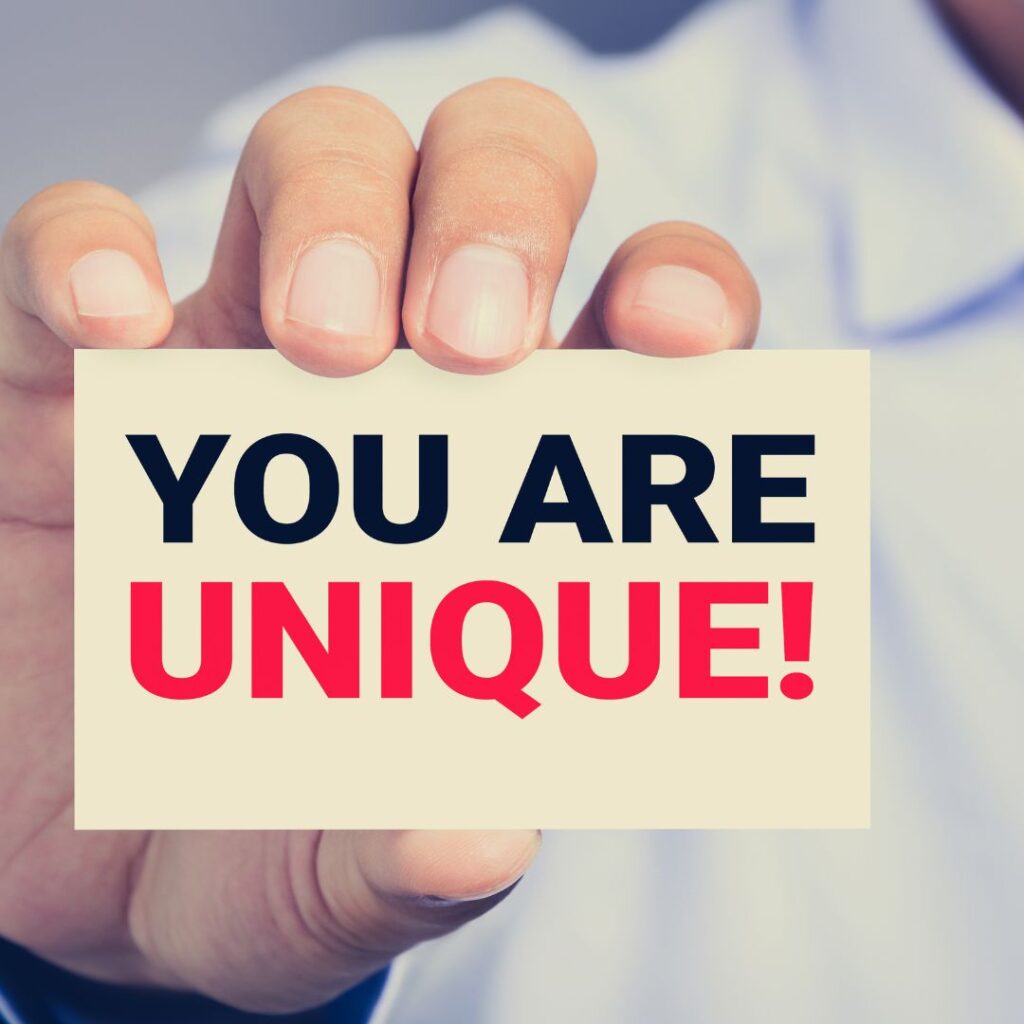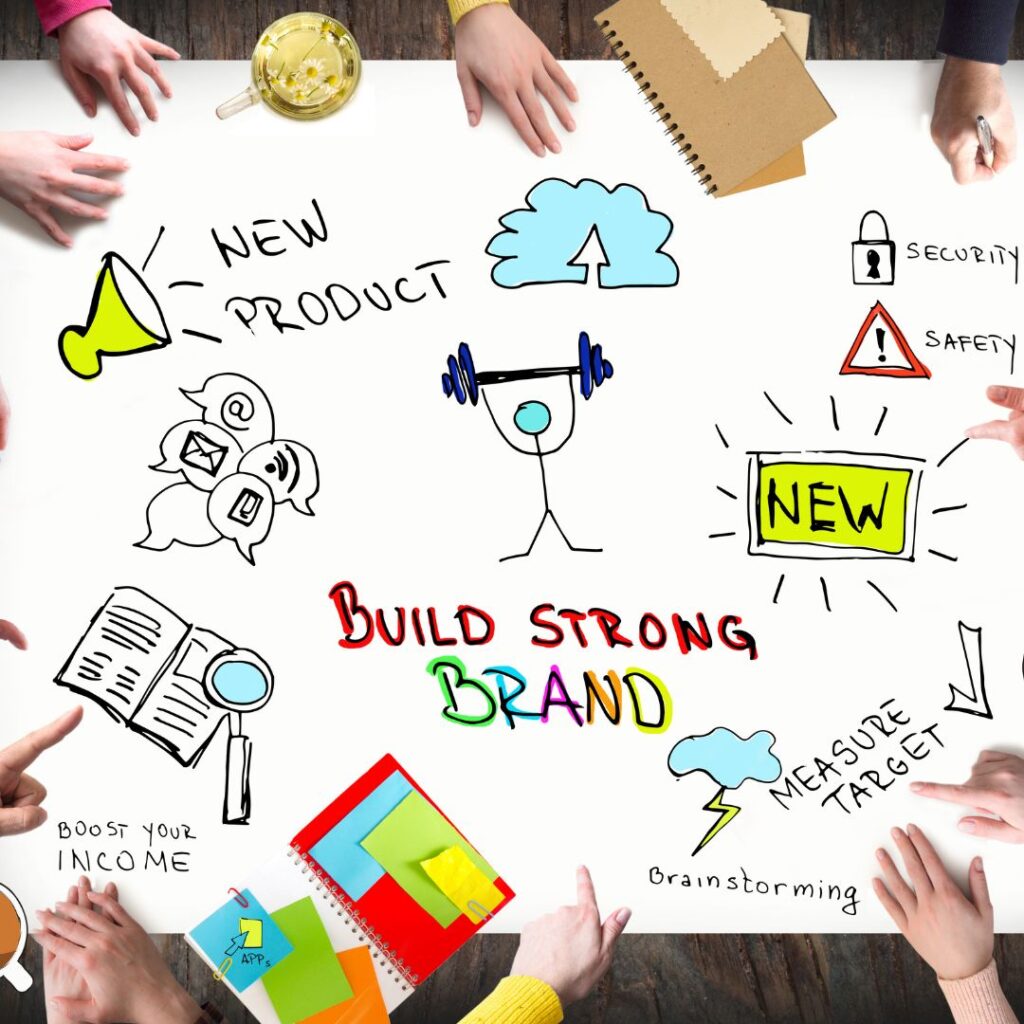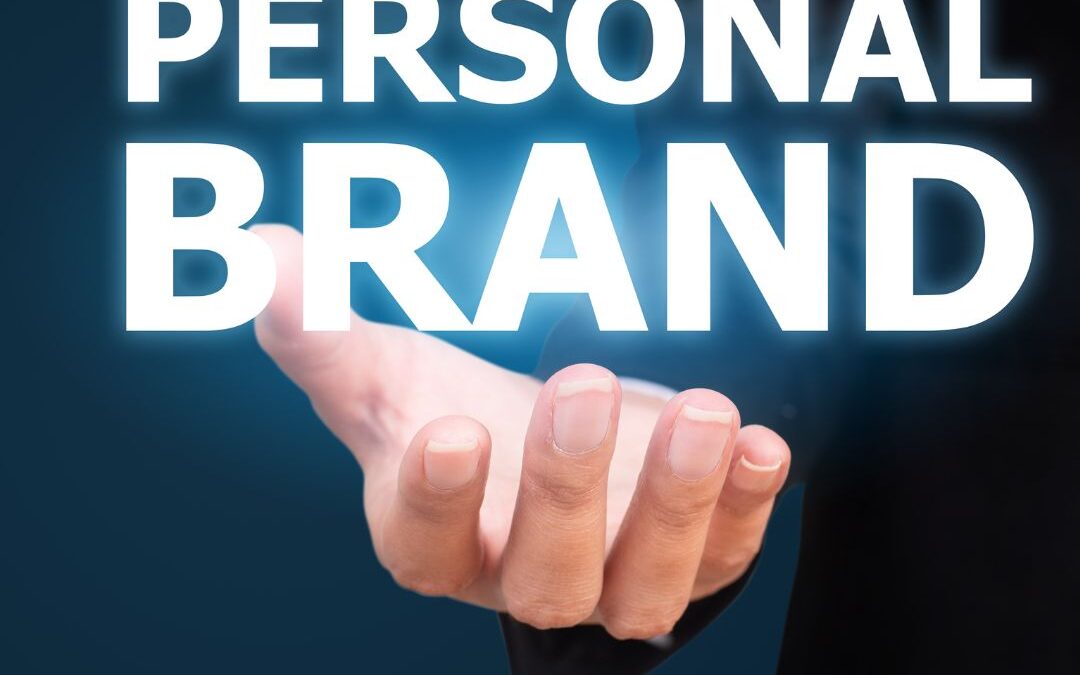So you’re in an interview for that dream job. It’s going really well. You’re engaged. You’re leaning forward in your chair. You’re getting the nods and the smiles as you answer the questions. This is going really well. Just one last. Just one last question, says the interviewer.

You lean unexpectedly, and she asks, how would your colleagues describe you?
You lean unexpectedly, and she asks, how would your colleagues describe you? What would you say? What are the things that you wouldn’t say?
This, my friends, is personal branding in action. It colours your references. It’s the reason you’re tapped on the shoulder or overlooked when that amazing project comes along.
We all have a personal brand
You’re either building it with intention or building it by accident. Doing nothing or not focusing on it doesn’t mean you don’t have one. So we’re all familiar with brands, whether it be Lulu Lemon, Nike, Coca-cola, McDonald’s or Pepsi, for example.

And most people think of personal brands in relation to celebrities, social media influencers, consumer products or athletes, but the idea of a professional person having a personal brand often comes as a complete surprise.
what is a personal brand?
Well, it was first described by tom peters in 1997. He said it’s your promise to the marketplace and the world.
So, it’s a collection of those things that you’re known for or that you promised to do in that job interview. But it’s deeper than just what you’ve delivered before. We go deep, take a moment and think about those things you’ve delivered that you’re most proud of. Is there a theme in what you’ve delivered, commonality and the people you’ve served? When I think back on my career, there’s a theme of fixing broken finance teams. It started with one, and then I got my next contract based on having fixed the previous 13 to 4 contracts, and I was combining my coaching skills with my finance and project management skills, and that’s what I became known for.
Now, I’d love to say that I was curating my personal brand from the get-go, but I wasn’t. I took a contract. I didn’t know that team was dysfunctional. I fixed what was in front of me day by day, step by step. Fortunately, I enjoyed it.
nobody does it like you do
There’s no point curating a brand that you don’t enjoy when you think about those things that you’ve enjoyed delivering. What skills did you employ to get the job done?

Oh, and before you say, ah, anybody can do that now. Nah-ah, the way you employ those skills are completely unique to you. They’re the foundation of your secret source. Nobody does it like you do it.
brand awareness
The first step to curating your personal brand is awareness. So spend some time playing with this. Get really clear on what you specialise in delivering and how you deliver it. Begin to assemble your evidence base as you are doing.
Begin thinking about the different ways that you can become known for this type of work. So examples might include writing a white paper and sharing it with stakeholders. Or, if appropriate, you could post it on social media like LinkedIn.

Could you share our lessons learned or a project closure report with the people you worked on the project with, if you’re going to do that, be sure to include your manager and the project sponsor.
Is there an intranet at work that you could post some key learnings on?
Many professionals don’t purposely build their brand because they don’t dedicate time to it. My suggestion is to schedule 2, 2-hour time slots each week, one for today’s branding and one for tomorrow’s branding.
So, today’s branding is for sharing your current work. It’s for writing that article or that white paper sharing what you learned at a recent course with colleagues who are interested in the same area tomorrow. Branding is all about creating future opportunities to build your personal brand.
creating future opportunities
So this is where you do some research to find out about the projects that are coming up with emerging issues in your areas of interest.
You connect with like-minded people and research courses that will help you build your expertise because building the fire is just as important as stoking the fire. When you meet new people schedule time to keep those connections going and find ways to serve that relationship. Don’t be the person who you only hear from when they’re looking for a job. Now for the intrinsic element of your brand.

- What matters most to you?
- Is there a community that touches your soul?
- a cause that lights you up?
- What can you do to bring more of your passions into your personal brand?
Life isn’t just about delivering, you are a person, not a robot.
The other intrinsic element is how you are being on a day-to-day basis. You’re always being noticed, and how you are being is an important element of your personal brand. For example, are you known for having a brilliant mind? But by being angry and sharp, are you seen as somebody who cares deeply and nurtures their colleagues?
Consistency is key
Take a moment right now and choose three words that best describe the best version of you. Now, let me ask you these questions.
- Why those words?
- What makes those ways of being matter to you?
- How do you feel in your body when you’re those words?
- What are you saying to others?
- And more importantly, what are you saying to yourself, deep inside, where nobody can hear?
But, you now reflect back on how you were over the last week. How often were you those three words, if not often enough, what got in the way? Building your personal brand is about consistency.

Consistently being the person you’ve chosen to be consistently delivering value in the areas you want to be known for. Now, if you’re struggling with consistency, that’s ok. Reach out to a leadership coach.
They’ll help you put a plan in place that defines the brand that you want to be and help you to consistently do the things that that person would do.
Life is too short for it not to stand for something you’re proud of. You already have a personal brand. Now, you have the awareness to curate your brand on purpose.

